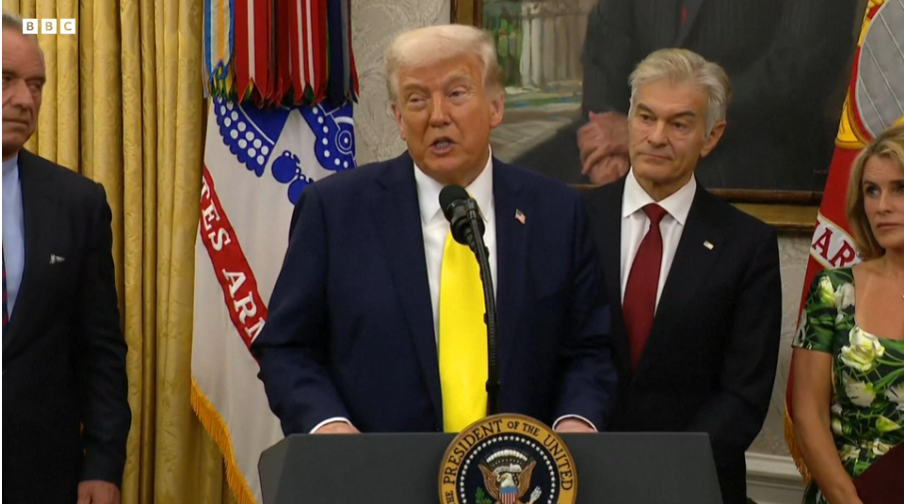The broad immigration agenda of the current U.S. administration is of particular importance to the hospitality industry, which tends to utilize a high percentage of international employees. Enforcement actions in the hospitality industry have increased dramatically over the last few months.
Immigration compliance obligations of employers, including hotels, remain relatively unchanged, but, with the rise of enforcement actions, it is important for hotels to revisit their current employment practices related to compliance with immigration law. Employers need to have a plan in place if they are the subject of an enforcement action, whether in the form of an I-9 audit or a U.S. Immigration and Customs Enforcement (ICE) knock on the door.
Immigration compliance for hotels
Immigration compliance begins with hiring practices. Hotels have to walk a fine line: It is not legal to discriminate based on national origin or citizenship status, nor is it legal to employ individuals who are not authorized to work in the United States (W2 or 1099).
Hiring managers must choose their words carefully when discussing a candidate’s immigration status. It is not permissible to:
– Ask if a candidate is a U.S. citizen
– Ask if a candidate has a green card
– Request specific immigration documents
– Request more, or different, documents than the minimum required under Form I-9 regulations
It is however permissible to:
– Ask “Are you legally authorized to work in the U.S.?”
– Ask “Will you now, or in the future, require sponsorship for an employment visa?”
– Request details about status & history and consult legal counsel as needed
Employers do not have to hire candidates requiring sponsorship. Employers generally engage in this process based on valid business needs, such as when another comparable candidate is not available. Hotels may leverage a variety of visa types, including H-2B visas for “non-agricultural temporary workers.”
For every employee hired or re-hired, employers must complete Form I-9 within three business days. Employers are responsible for establishing identity and employment authorization via one of the approved documents and may use the federal government’s E-Verify system to confirm the validity of the document. Completed Form I-9s must be kept on hand and presented to law enforcement upon request.
Preparing a hotel for potential ICE enforcement
Responding to a written Notice of Inspection (NOI) or Form I-9 audit can be fairly straightforward. But dealing with an unannounced U.S. Immigration and Customs Enforcement (ICE) raid can be more complicated and stressful.
Preparation is key, and a good first step is to preventatively appoint and train a liaison or representative. All questions and communications with government officials should be funneled through this person.
If ICE arrives at your hotel, you should immediately contact your appointed representative, as well as legal counsel. Then, establish if the law enforcement official has a warrant or subpoena. It is important to note that ICE may still enter certain spaces in the absence of these documents.
Law enforcement officials can enter a public space without a judicial warrant such as:
– Hotel lobby/reception
– Dining room
– Patio
– Parking lot
Examples of private spaces they cannot enter are:
– Individual hotel rooms or offices
– Places marked with “Private” sign
– Areas that are normally maintained with closed or locked doors
– Kitchens and other areas that visitors or the general public cannot enter without permission
If ICE has a warrant or subpoena, your representative needs to determine the scope and type of document presented. A judicial warrant signed by a judge requires compliance from an employer if the business is identified on the warrant. Other types of warrants such as administrative warrants, warrants of removal, or deportation orders do not require compliance from employers.
Similarly, employers must comply with a judicial subpoena, but not immediately — a judicial subpoena can be challenged in court. On the other hand, an administrative subpoena does not require compliance from an employer.

These nuances can be difficult to parse in the heat of the moment when law enforcement makes an unexpected visit. That’s why it is important for the appointed representative to remain calm, ask the right questions, and follow the procedures outlined by management and comply with the law.
Isabelle Bibet-Kalinyak and Ryan A. O’Donnell are partners at the law firm Pullman & Comley with offices in Connecticut, Massachusetts, Rhode Island and New York. O’Donnell leads the firm’s Hospitality practice and Bibet-Kalinyak leads the firm’s Immigration practice.
















